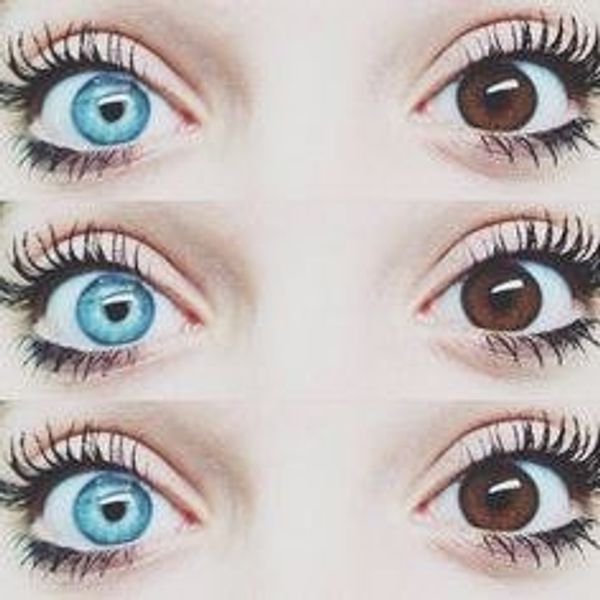"I don't see color."
This is usually said by an individual in an attempt to sound fair and unprejudiced. However, blindness is not synonymous with fairness. There is a notion in our society that love is color blind. I don't believe this in the slightest bit. I believe that this is said not only to avoid the conversation about race, but more importantly, in an effort to turn the other cheek to the concerns that arise with race. Racism is real. And blinding yourself to it will only exacerbate its effects.
In one's attempt to not see color, one is essentially ignoring all of the issues that come with color. One is ignoring the fact that people of color are constantly prejudiced against in the education system, in the job market, and in life in general. One is ignoring the that there are disparities in our society that are purely based on ur physical appearances. One is ignoring the plight of all of the people who do not fit into the mold sculpted by a society that only accepts one image.
And this is not just a national concern. All around the world, there is a certain standard of beauty and if you deviate from that standard in the slightest bit, you will face discrimination. This is a problem and the first step to solving any problem is admitting that there is a problem. We need to become more aware of the people around us and how they are affected by the perceptions of our society. The only way we can begin to do is is to reach a place we we can comfortably discuss color and all of the differences that exist between us. The quicker we jump over the hurdles of awkwardness and guilt that emerge from this conversation, the faster we can begin to solve this. It may not always be graceful, but I believe it's worth a shot.
Because as trivial as color may seem, it shapes our identities by influencing the experiences we have. I am a black woman. But I am also more than my color. That still doesn't take away from the fact that I am still black. We live in a society that places so much emphasis on color and the sooner we recognize that, the sooner we can be to devising solutions. Pretending to be naive is not the way to tackle racism. It's something we should be able to discuss openly and freely. We have to realize that in this world of ours, we are constantly judged for things that we are beyond our control. When we meet a stranger, before we can even open our mouths, they already have preconceived notions of us. They have expectations on what we sound like, how we act, and how we conduct our lives. They have already constructed a biography on us and their only source is our physical appearance.
Instead of realizing the errors in our way of thinking, we're encouraged to disregard these thoughts. Why? Because "love is colorblind." Love is not colorblind, though. In fact, love cannot be color blind. If that were the case, not only would we be neglecting the problems of race that are plaguing our society, but we would also be neglecting the very traits that make each and every one us incredibly beautiful and unique.
So, see color. See all of the characteristics that makes us all different. Acknowledging these differences does not equate with .judging another for qualities beyond control. Rather, it allows you to step into that person's shoes and more importantly, gain a deeper level of sensitivity and empathy of that individual and their experiences. I believe that love is not color blind, but rather, the acknowledgement and the appreciation of color.





















